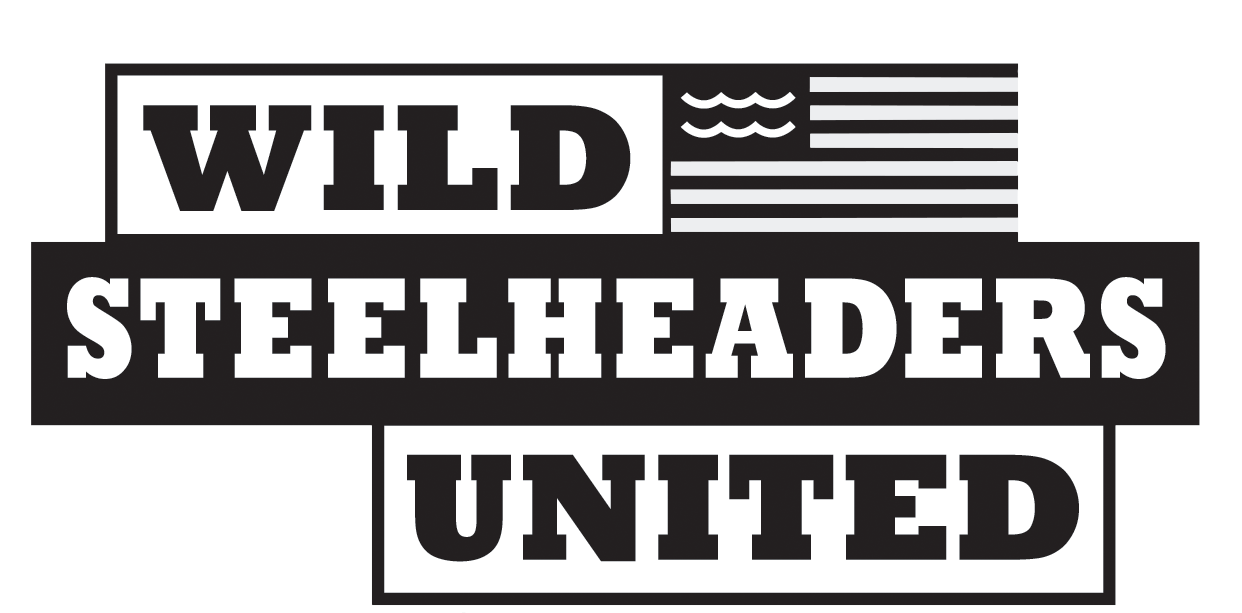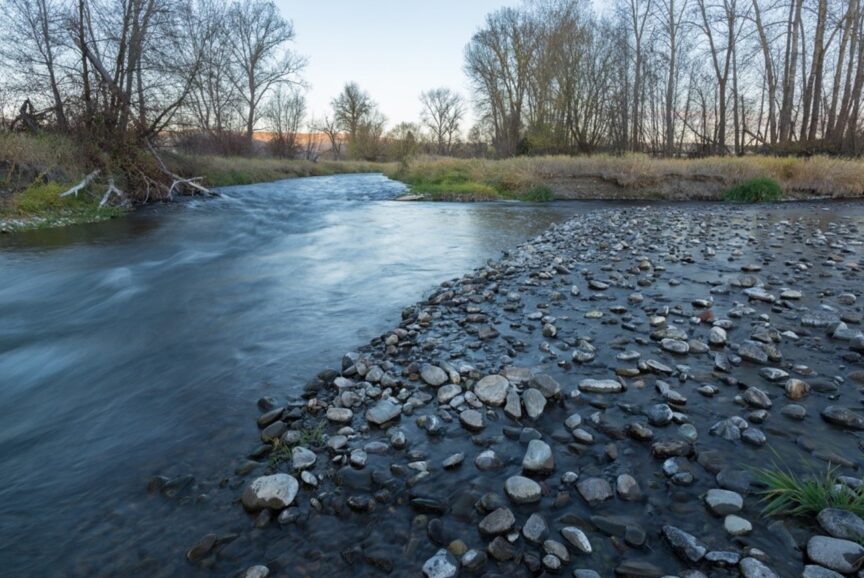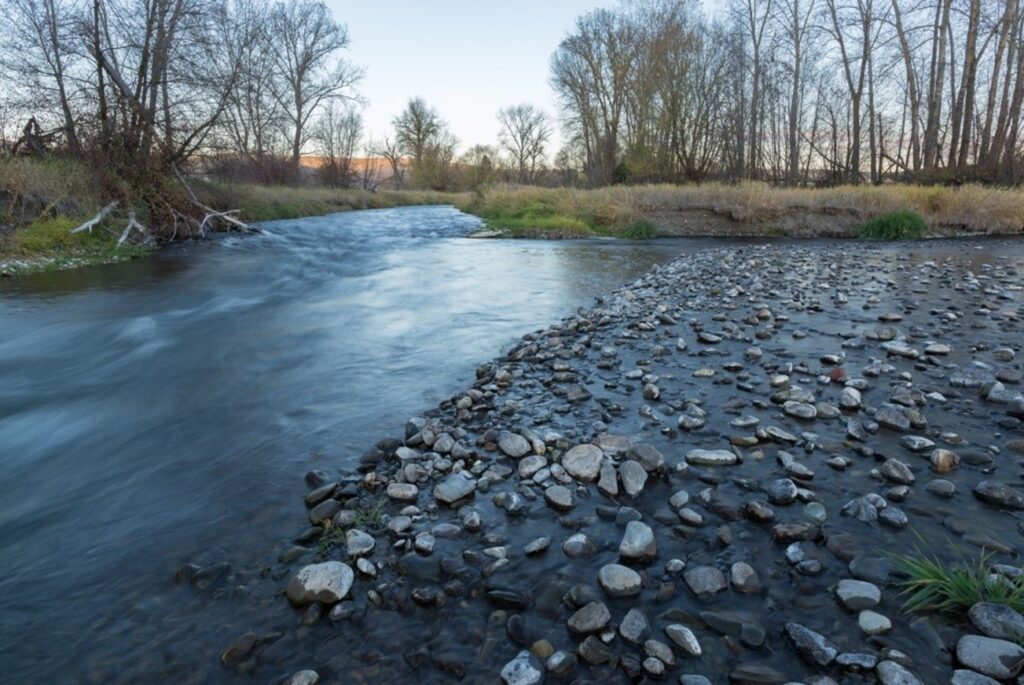
Last week, the Oregon legislature passed two bills that are good for wild steelhead. Wild Steelheaders United and Trout Unlimited supported both measures in the Capitol. One bill will allow for increased angler suppression of non-native fish, and the other permanently authorizes an important instream leasing program that provides valuable streamflow for native fish. Both pieces of legislation are now awaiting Governor Tina Kotek’s signature.
Non-Native Fish Management
House Bill 2966 grants Oregon Department of Fish and Wildlife (ODFW) greater flexibility to manage non-native fish species to benefit native fish species.
Non-native game fish (such as smallmouth bass) can pose a serious threat to juvenile steelhead, salmon and other native fish. The problem is particularly acute in certain waterbodies, such as the Coquille River, where illegally stocked smallmouth bass have caused a precipitous decline in the fall chinook population.
Until passage of this bill, statutes prohibited anglers from holding contests that kill non-native bass or walleye. HB 2966 authorizes ODFW to permit contests for bass or walleye that remove the fish from a waterbody, thereby allowing chambers of commerce, fishing clubs, and other groups to hold tournaments that provide a conservation benefit to native fish.
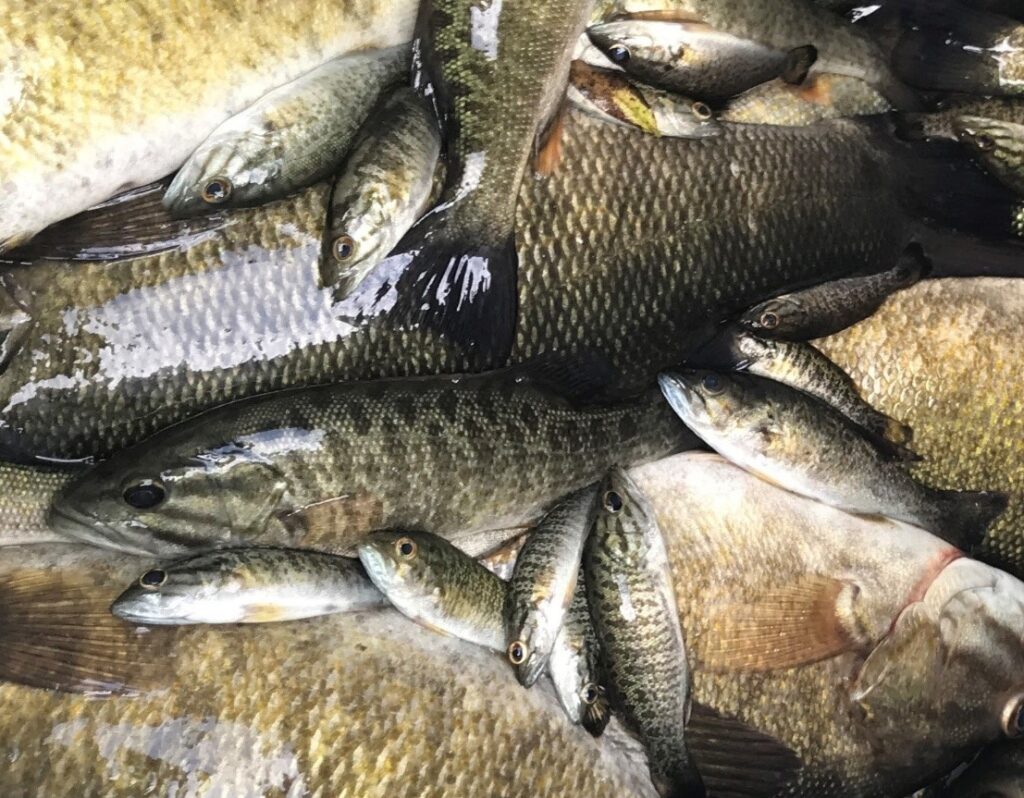
Top: Confluence of the Wallowa River and Lostine River, in Northeast Oregon. Home to spring chinook salmon that benefit from split season instream leases. Image: Aaron Maxwell / Trout Unlimited
Existing laws also restrict “waste” of any “game” or “food” fish, thereby limiting anglers’ ability to assist in suppressing harmful populations of non-native fish. For example, under current law, an angler that catches a 5” smallmouth bass while lawfully fishing in the Coquille River would probably not be willing to clean the fish and eat it given its size, and therefore feel compelled to release the fish to the stream (even though fishery managers are hard at work removing that same species from the same stream to help struggling steelhead and salmon populations). This bill gives ODFW authority to allow that angler to take the fish home and, as an example, compost it.
Under authority of this bill, ODFW will have greater flexibility to reduce the harmful effects of those species on native fish populations. Wild Steelheaders United appreciates chief sponsors Senator David Brock Smith and Representative Virgle Osborne for championing this valuable legislation.
Split Season Instream Leases
House Bill 3164 permanently authorizes Oregon’s “split season” instream lease program.
Streamflows in July, August, and September are often at their warmest and lowest flow conditions of the year. In certain streams, this can create inhospitable conditions for spring chinook, summer steelhead, coho salmon, and bull trout during their fall spawning migrations. That’s where this collaborative, voluntary leasing program comes into play.
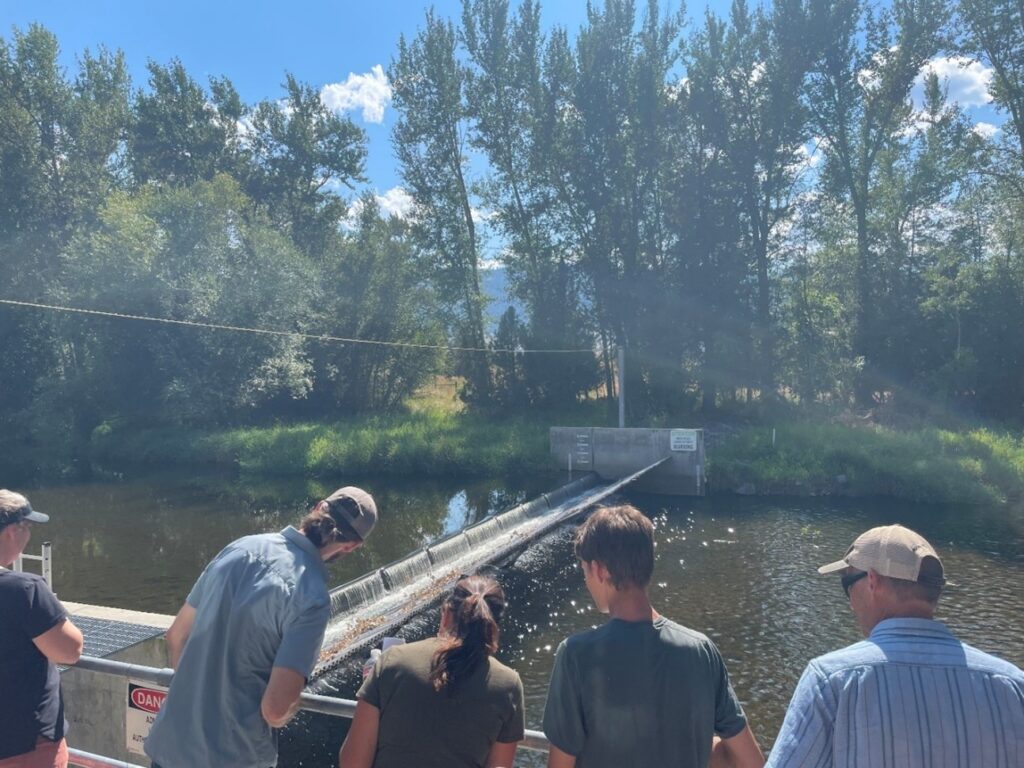
Split season water leases authorize “split” use of a water right within a single season, allowing the water right holder to use the water for a portion of the year, and then a third party to lease the water for instream use during the same season. For example, an irrigator might divert water from a stream from May 1 – July 31 to water a crop, and then a non-profit would lease the water right for instream use to benefit migrating salmon from August 1 – September 30.
Unfortunately, existing law limited participation in the program for any water right to a maximum of 10 years, and also included a statutory “sunset” that would’ve ended this important program as of January 2024.
Passing this bill means Trout Unlimited and partners—including landowners—can continue using this valuable program to provide ecological uplift for wild fish. TU uses split season leases quite a bit in the Grande Ronde watershed (home to wild salmon and steelhead that must migrate over each of the 4 Lower Snake dams), and we’re excited that this tool will remain available for our work there and in other priority basins.
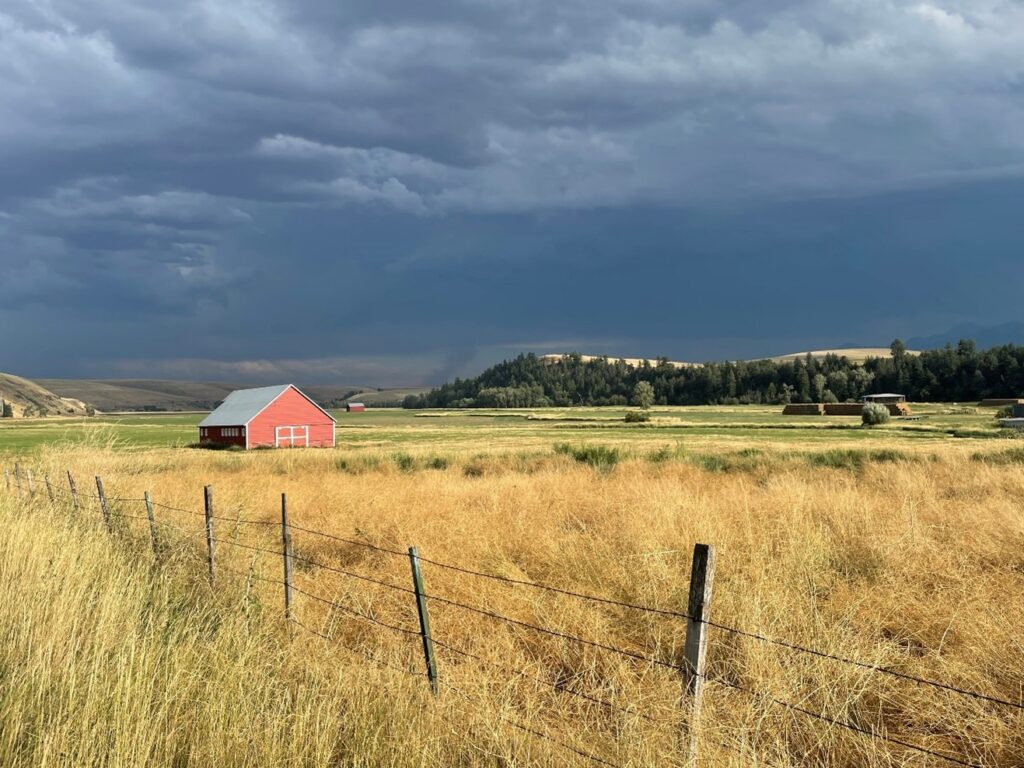
Wild Steelheaders appreciates chief sponsors Representatives Ken Helm and Mark Owens for their support of this important bill that will benefit native fish—and farming and ranching communities.
Summary
HB 2966 and HB 3164 were top-priority policy bills for Trout Unlimited and Wild Steelheaders United in the Oregon legislative session. There are nearly two months left in the session, with many decisions yet to be made on remaining water policy bills and funding for important fish and water programs.
If you would like more information about the bills described in this article, or if you want to get involved with Trout Unlimited’s advocacy efforts in Oregon, please contact TU’s Oregon Policy Advisor, James Fraser (james.fraser@tu.org).
